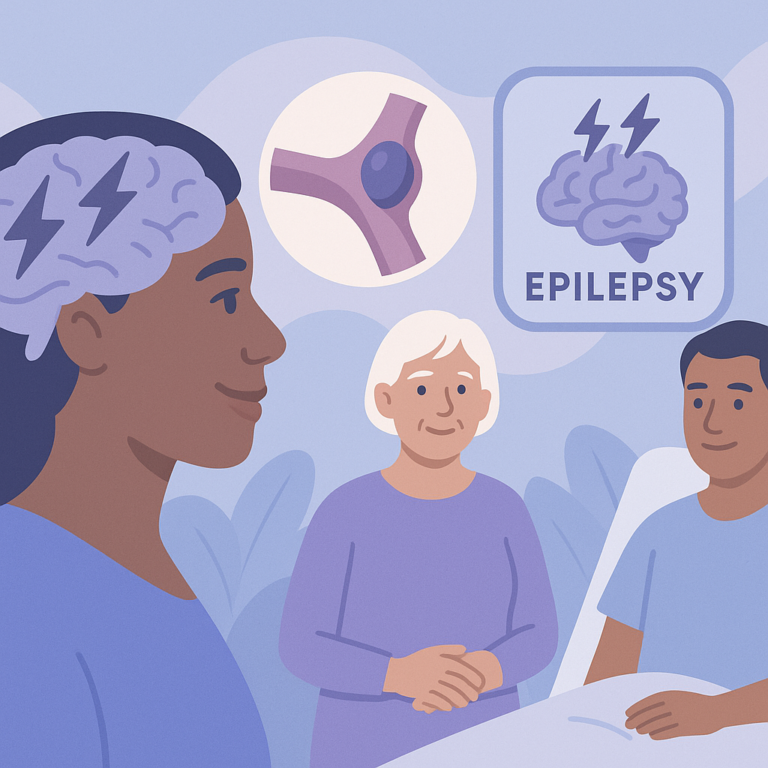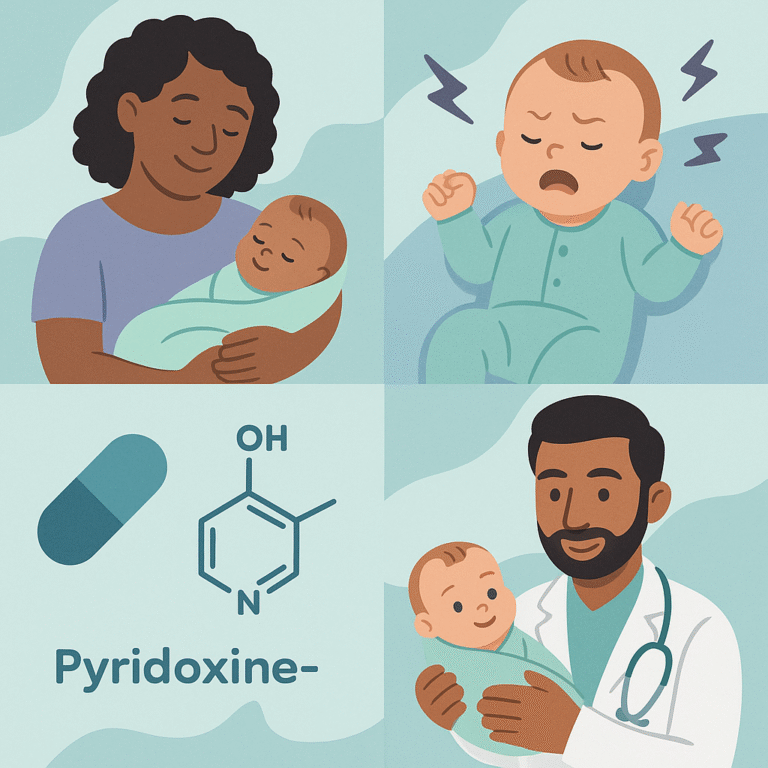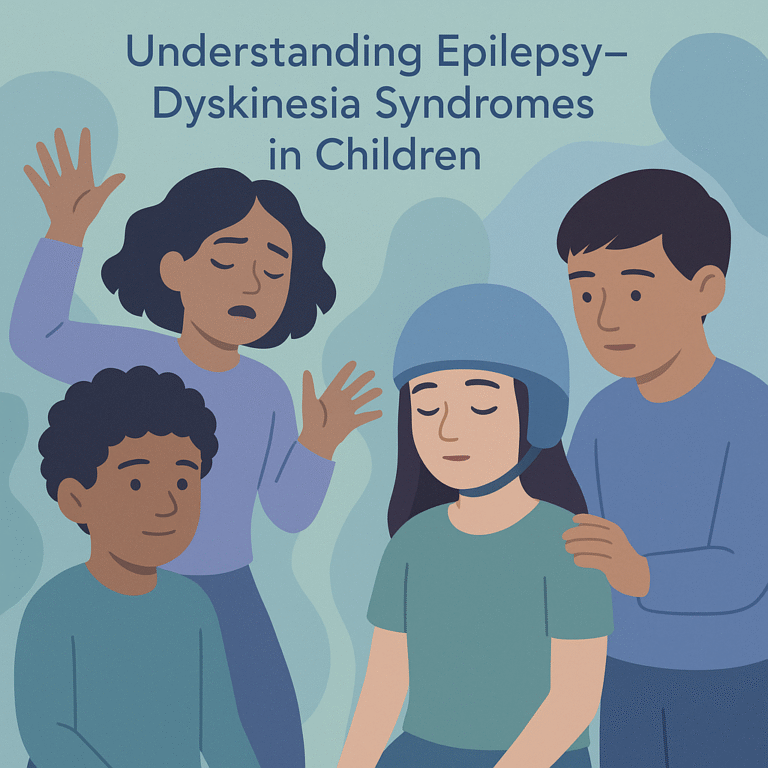Correction on Neurostimulation Study for Epilepsy and Tourette Syndrome
⚠️ Pregnancy-related topic: Decisions about medications, diet, or tests during pregnancy must be made with your obstetrician and neurology team.
Summary
Researchers examined the effects of invasive neurostimulation on pregnant women with epilepsy and Tourette syndrome. The study involved a group of mothers who received this treatment during their pregnancies, allowing the researchers to observe both maternal and fetal outcomes. The goal was to understand how this therapy might impact the health of both the mother and the developing baby.
The main finding of the study indicated that invasive neurostimulation could be a safe option for pregnant women with epilepsy and Tourette syndrome. The researchers noted that there were no significant adverse effects on the mothers or their babies, suggesting that the treatment did not pose major risks during pregnancy. However, specific details about the size of the study and the exact outcomes were not provided in the summary.
This research is important because it offers insights into treatment options for pregnant women with epilepsy and Tourette syndrome, a group that often faces challenges in managing their conditions. However, it is essential to be cautious when interpreting these results, as the study may have limitations such as a small sample size or being observational in nature. More research is needed to confirm these findings and ensure the safety of such treatments in larger populations.
Related reading
- Ganaxolone May Help Reduce Seizures in Epilepsy Patients
- Skull X-Ray Shows Complications After Head Injury
- New Genetic Mutations Found in Sisters with Growth Issues
- PV and SOM Cells Shape Brain Waves and Stability
- Carbapenem Antibiotics Linked to Seizures and Brain Stress
- Gastrodin May Help Reduce Inflammation and Neuronal Damage
Free: Seizure First Aid Quick Guide (PDF)
Plus one plain-language weekly digest of new epilepsy research.
Unsubscribe anytime. No medical advice.





